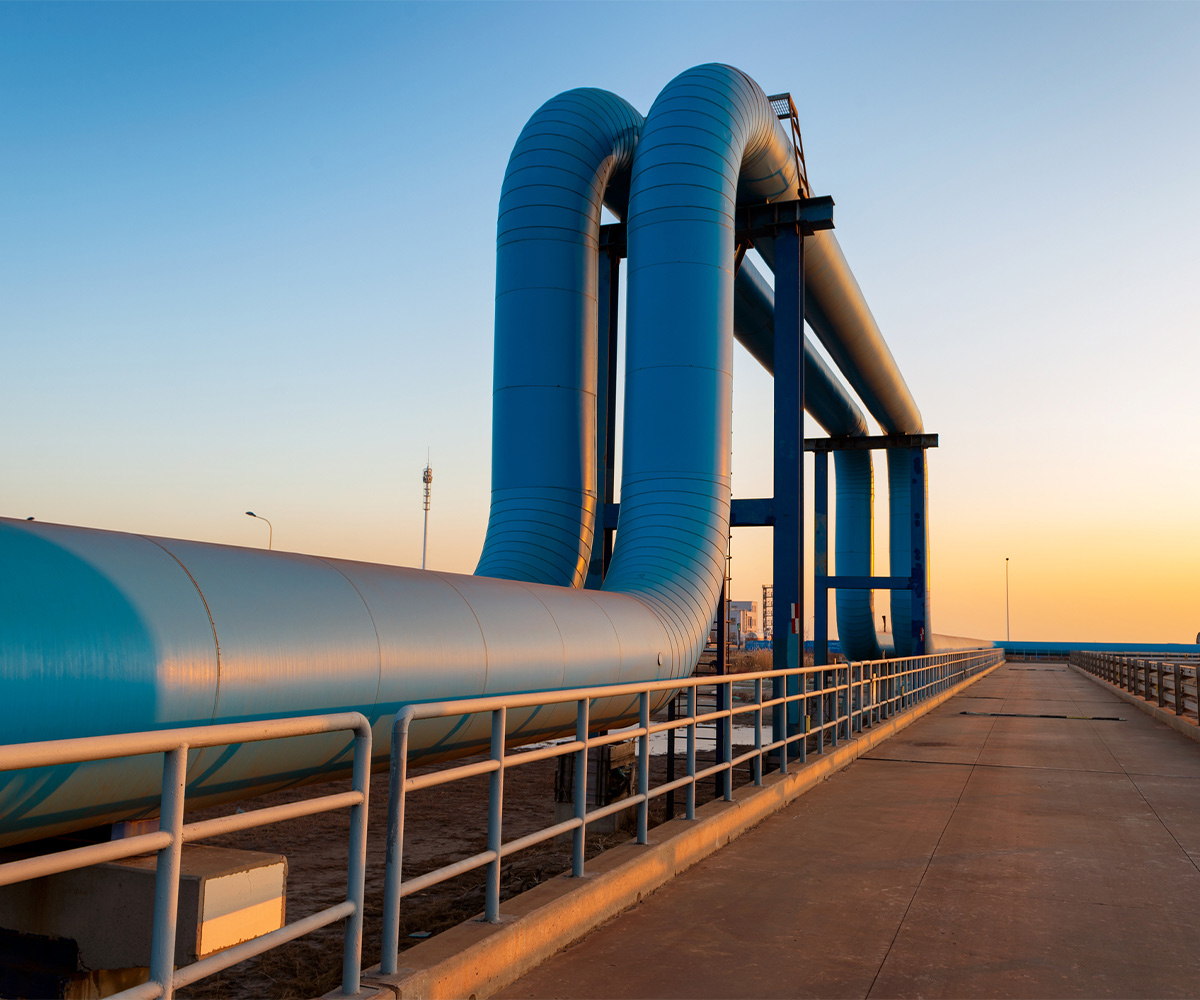SUMMARY
Even if the conflict in Ukraine comes to a conclusion, it is unlikely that western sanctions on Russia will be rolled back. Therefore, investors may seek to address the realities of this new world
order via a shift in capital allocation to natural resources and energy.






